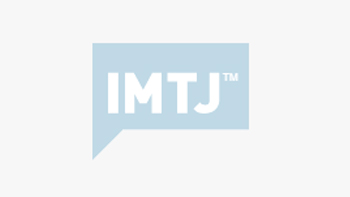Tourists from across the Middle East are travelling abroad for cosmetic surgery. Their destination is often Lebanon, a country whose obsession with physical perfection has transformed it into a specialist destination. The Lebanese cosmetic surgery industry has flourished in recent years with surgically enhanced beauty becoming increasingly desirable among image-conscious locals.
Lebanon’s First National Bank even offers loans of up to $5,000 for cosmetic surgery. With recent conflicts such as the 2006 war between Israel and Lebanon over, the country is attracting many more clients from further afield eager to take advantage of Lebanon’s medical experts.
Roger El Khoury at the Beirut Beauty Clinic reports that the clinic has experienced a 25 % increase in foreign patients over the past 12 months with clients arriving from other Arab countries in the Gulf and North Africa. There is also huge demand from Lebanese expatriates. Sami Saad, Lebanon’s representative at the International Society of Aesthetic Plastic Surgery, estimates that 20 % of business is people from abroad. The procedure most requested by foreign clients is rhinoplasty, nose jobs.
Dubai-based Image Concept is an agency set up to help medical tourists book their trip to Lebanon, finds them the right accommodation and the surgeons to perform the desired procedures. Zeina El Haj, Image Concept’s founder, launched her company in June 2009 to market the country’s cosmetic surgery industry. Since then, business has grown with clients mainly from the United Arab Emirates, Kuwait, Saudi Arabia and Qatar, and a handful from Europe, the United States and New Zealand.
Demand has been increasing. People want to look like the stars they admire — they want the nose, or the cheeks, or the teeth of certain celebrities. They want to look good. The country’s attraction is the affordability of its surgeons and its convenient location. Although Lebanon welcomes the increase in cosmetic surgery tourists, local specialist warn people to be wary of unqualified surgeons trading on the country’s reputation. Their advice is to ensure any medical procedures are performed by specialists registered with the Lebanese Society of Plastic Reconstructive and Aesthetic Surgery (LSPRAS), an internationally-endorsed body set up to regulate the industry. LSPRAS explains a problem, “The provision of information by physicians to their patients is at the centre of the process of valid consent; this however, must be distinguished from advertising, an issue of controversy for several years and strictly forbidden by Lebanese law and the Lebanese Medical Code of Ethics.”
The importance of getting the right surgeon is emphasized, as litigation against surgeons is almost unheard of and impossible to pursue successfully. Political stability is fundamental to Beirut’s role as a destination for cosmetic surgery in the Middle East. Tensions between Middle East nations and Israel and Iran could damage trade.
Although the Ministry of Tourism claims a slight increase in tourism in each of the last three years, neither it nor the trade have any real handle on the numbers coming into the country for cosmetic surgery.







 ©2024 All rights reserved LaingBuisson
©2024 All rights reserved LaingBuisson 


